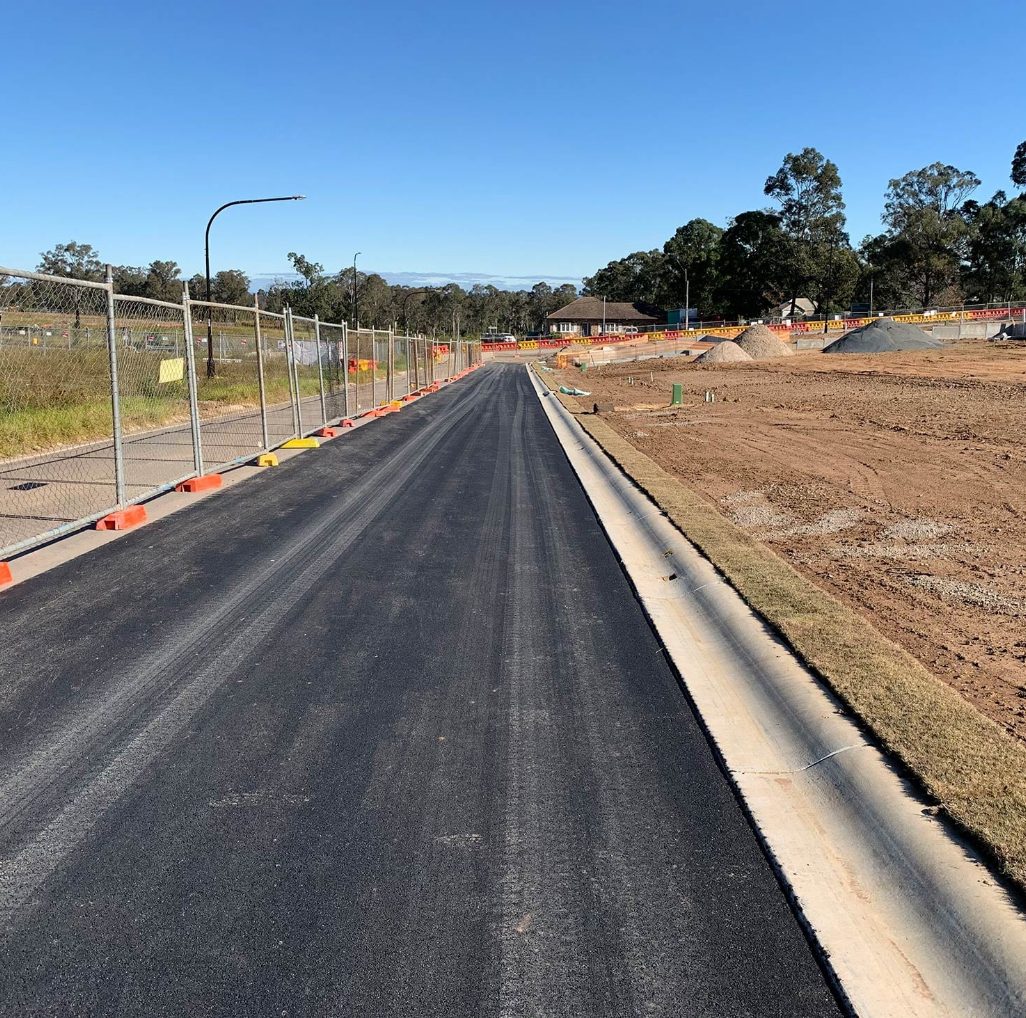Year Round Challenges – Land Surveying

Land Surveying while a rewarding profession requires facing challenges with every new job. Each site is different, with different requirements and timelines. The whims of nature are a constant year-round challenge, as are job constraints and constantly evolving techniques and technologies. Here we look at some of the common challenges a land surveyor may face on the job.
Weather
A common bane of surveyors. The perfect environment for a surveyor is rarely found. Seldom is a job site bare flat earth, clear of obstructions and people with good lighting and comfortable temperatures. Rain, extreme temperatures, wind and light can all create difficulties when out in the field. Whether during or after a rain event, water can cause issues with equipment while mud is never your friend while carrying expensive instruments. Extreme temperatures can cause problems for both the surveyor and instruments with changes in temperatures possibly leading to variations in readings and it can be physically demanding to work under both extreme heat and cold. In addition, wind can blow features around and often creates obstructing vegetation. Bright light can cast misleading shadows leading to both inaccuracies and overlooked features.
Time
While the weather might be cooperating on the day you are scheduled for a job, it is not unusual to start field work and be surprised by land changes that are not reflected in old plans and documents. Time as a challenge to the surveyor does not always mean issues with time management or organization, rather the length of time between surveys often means that there is often missing physical evidence that allows boundaries to be established. Undocumented changes to the land where neighbours for example might have had an understanding, or fencing being placed on an incorrect boundary are not uncommon to find.
Technology
Workflows have also been dramatically changed in the industry with fast paced technology changes. Over just a few years advancements in technology have meant that surveys can now also be completed with drones, laser scanners and GPS as well as conventional methods. Where hours spent in the field may be cut down and improved productivity opens new opportunities to surveyors, it has become a challenge to keep on top of new and emerging technologies and to choose the best methods for each new job.
Land Surveyors are constantly presented with new puzzles and situations. Surveying is new every single day and it is rewarding to solve all the challenges involved and in the end form a map or some other type of deliverable.
